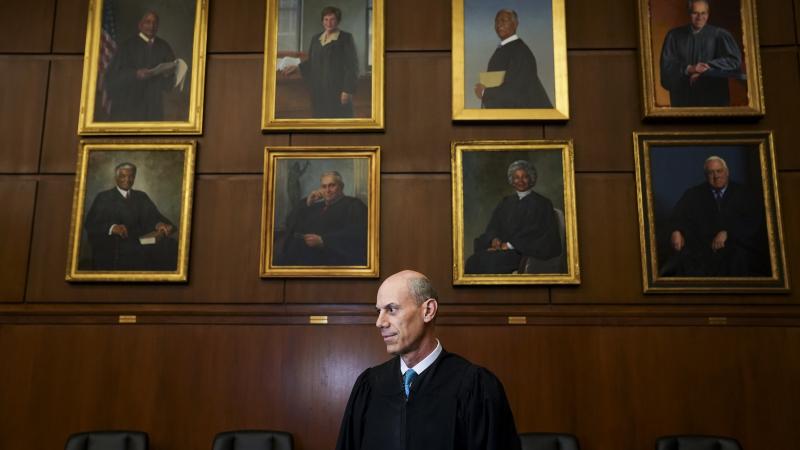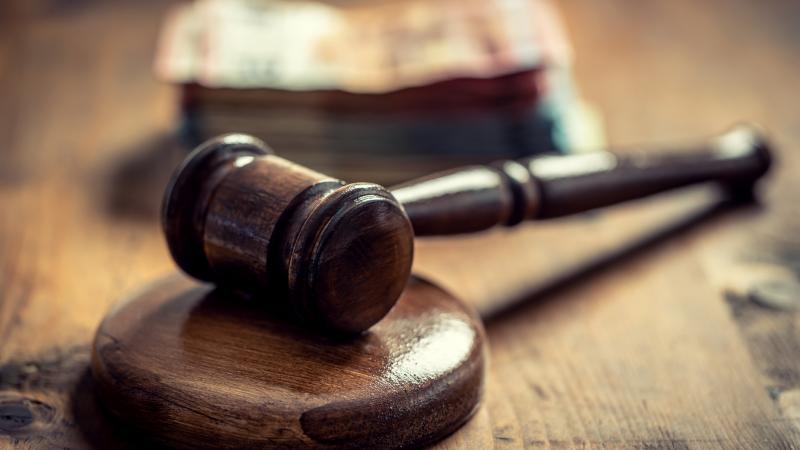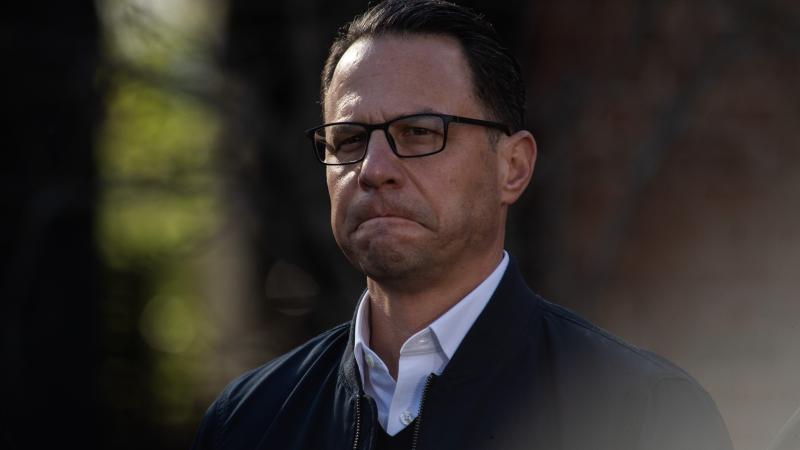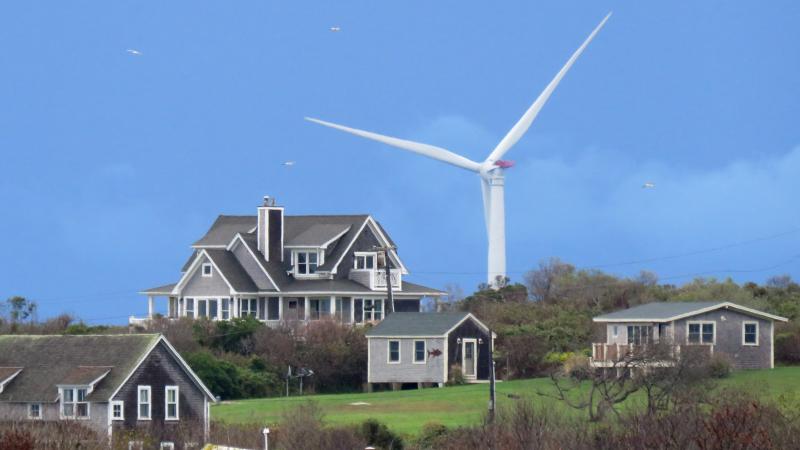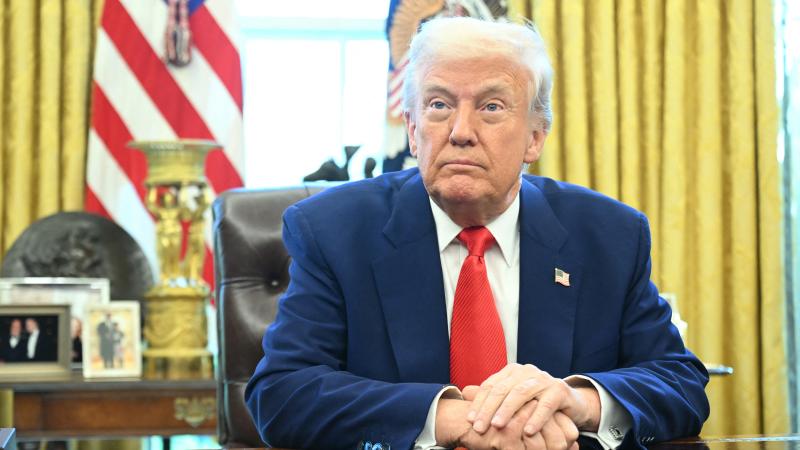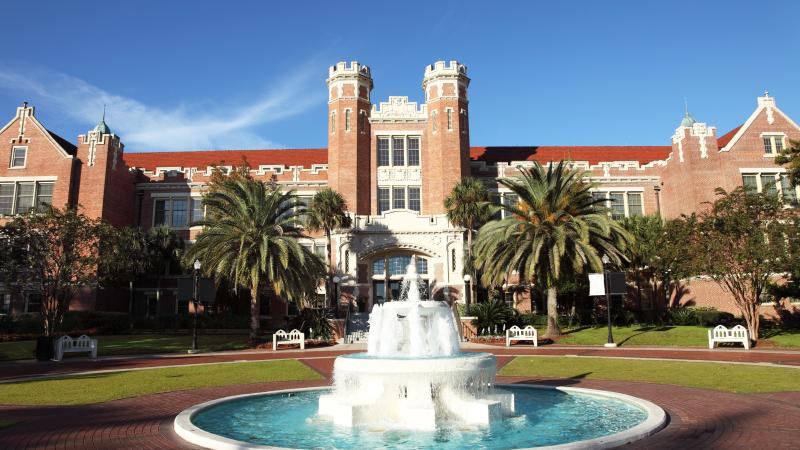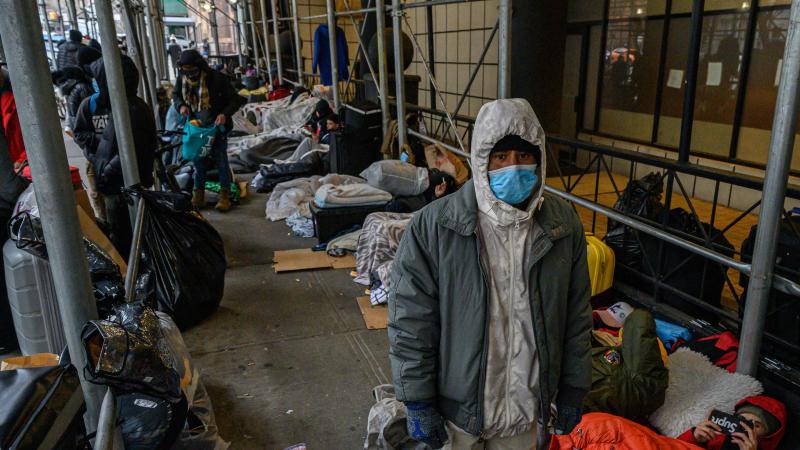Federal judge to hear arguments in voter registration case
Lawsuit claims that executive order requiring documented proof of citizenship to vote in federal elections is illegal.
A federal judge was set to hear opening arguments Thursday in a lawsuit regarding President Trump's executive order requiring documented proof of citizenship to register to vote in federal elections.
Plaintiffs in the case include the League of United Latin American Citizens, Secure Families Initiative, and Arizona Students' Association.
They argue that Trump’s order is illegal because it asserts power that the executive branch does not have over the U.S. Election Assistance Commission, the agency that is in charge of the federal voter registration form. They also argue that the order will make it more difficult to vote in federal elections.
U.S. District Judge Colleen Kollar-Kotelly, in Washington, D.C., told the plaintiffs and defendants in the case to come prepared to answer questions about whether the Election Assistance Commission can comply with the Trump administration’s demands and whether the plaintiffs have standing to raise each of their claims.
Trump signed the executive order, titled Preserving and Protecting the Integrity of American Elections, on March 25. In addition to requiring documented proof of citizenship when registering to vote, the order also requires all mail-in ballots to be received by Election Day.
Also on Thursday, the Supreme Court kept on hold Trump’s restrictions on birthright citizenship but agreed to hear arguments on the issue in May, according to the Associated Press.
Earlier this month, the House passed its Safeguard American Voter Eligibility Act, known as the SAVE Act, which if also passed by the Senate and signed into law by Trump would require voters to show proof of U.S. citizenship – such as a passport or birth certificate – in person when registering to vote or updating their voter registration, according to NPR.
Meanwhile, the House of Representatives passed the SAVE Act earlier this April. The Senate has yet to vote on the act. If the act becomes law it will also require voters to provide documented proof of citizenship to register for and vote in federal elections, the same as the executive order would have.

